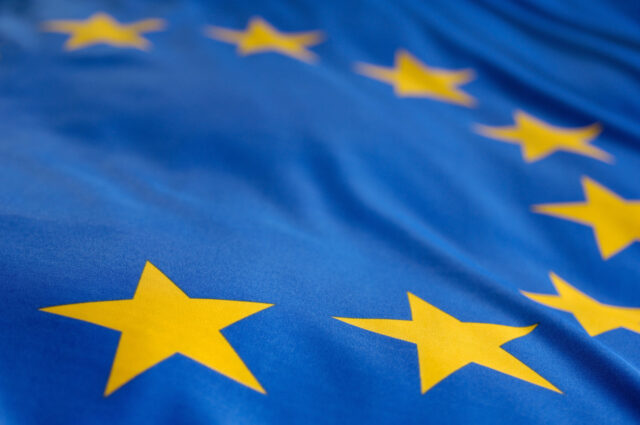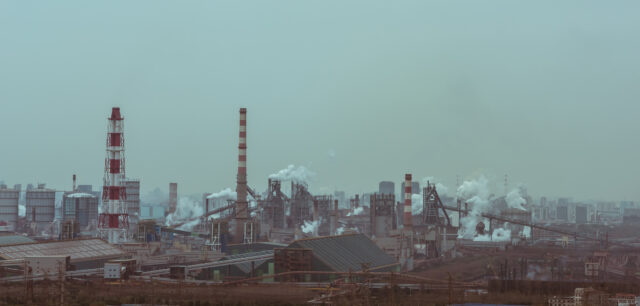In today’s rapidly evolving business landscape, sustainability is not just a buzzword; it’s a necessity. As organisations strive to reduce their environmental footprint and drive social improvements in their supply chains, sustainable procurement emerges as a pivotal strategy. With the advent of artificial intelligence (AI), the potential to revolutionise sustainable procurement practices has never been more promising.
Understanding sustainable procurement
Sustainable procurement is the integration of environmental, social, and economic considerations into procurement decisions, to reduce adverse impacts upon society, the economy, and the environment1. As businesses grapple with the repercussions of climate change, dwindling resources, and increasing stakeholder demands, sustainable procurement offers a pathway to not only mitigate risks but also seize new opportunities.
The AI advantage in sustainable procurement
AI, with its ability to process vast amounts of data, automate tasks, and identify intricate patterns, is poised to be a game-changer for sustainable procurement. By leveraging AI, organisations can:
Enhance sustainability data collection
Scope 3 is the hottest topic in sustainable procurement and many organisations are grappling with the question of how to measure the greenhouse gas emissions of their suppliers. Understanding this, especially beyond the first tier, requires extensive data collection. If you were to focus on your top 100 suppliers and ask your tier n-1 suppliers to do the same, when you get to tier 3 (which is probably nowhere near the end of the supply chain) you need to engage a staggering one million companies. At this point, manual data collection and analysis is out of the question for time-strapped organisations. AI tools, such as Avarni2, streamline this process, ensuring comprehensive and accurate data acquisition.
Predictive analytics for sustainability risk management
Managing sustainability risks in today’s intricate global supply chains presents challenges such as monitoring vast supplier networks, handling overwhelming sustainability data and rapidly adapting to sanctions, media reports and regulations, all while maintaining a pristine reputation. AI offers a solution by providing real-time monitoring of supply chains, predictive analysis of potential disruptions, seamless data integration for a comprehensive view, automated reporting for enhanced transparency, and scenario analysis for strategic planning. AI tools, like Versed AI3, continuously monitor vast amounts of supply chain data, ensuring real-time tracking of sustainability factors. This real-time monitoring allows companies to identify potential risks before they escalate, enabling procurement teams to proactively address disruptions and uphold sustainability standards.
Automation
According to Deloitte’s 2023 Global Chief Procurement Officer Survey4, over 70% of CPOs have seen an increase in procurement-related risks, and only a quarter feel equipped to predict supply disruptions timely. Furthermore, internal challenges like talent loss and organisational complexities add to the burden. By automating routine tasks, AI not only alleviates these pressures but also empowers procurement professionals to focus on high-value initiatives, such as supplier education on sustainability priorities. Generative AI tools like ChatGPT can expedite market research, strategy formulation, and contracting processes, allowing teams to be more agile and responsive in this volatile environment.
AI in action
Unilever’s Sustainable Living Plan5 has been at the forefront of leveraging AI to drive innovation in sustainable procurement. In 2023, Unilever highlighted how they have been using AI and digital technologies, from the launch of their first digital tool to the recent formulation of the world’s first green carbon detergent6.
“We’re using AI to help identify alternative ingredients that can strengthen the resilience of our supply chain, making our formulations more sustainable and cost-efficient, and simplifying them by reducing the number of ingredients without impacting a product’s quality or effectiveness.” – Alberto Prado, Unilever R&D’s Head of Digital & Partnerships.
Through a data-driven approach, Unilever has been making smarter, faster, and sharper decisions to optimise its portfolio of brands and products. Their commitment to sustainability is further emphasised by their ambitious goals, which include climate action to achieve net zero, reducing plastic usage, regenerating agriculture, and raising living standards within their value chain7.
Limitations and due diligence
While AI offers transformative potential, it’s crucial to recognise its limitations. The accuracy of AI predictions and recommendations hinges on the quality of data fed into the system. In the realm of sustainable procurement, this means ensuring that the data sources are reliable and comprehensive. Regular audits, cross-referencing with trusted databases, and continuous training of AI models are essential to maintain the integrity of AI-driven insights.
The 2023 Gartner Hype Cycle for artificial intelligence8 underscores the significance of addressing the limitations and risks of fallible AI systems. It emphasises the need for AI strategies to consider which innovations offer the most credible cases for investment, ensuring that AI’s transformative benefits are realised while mitigating potential pitfalls.
The future of AI in sustainable procurement
As we gaze into the future, the synergy between AI and sustainable procurement is poised to grow stronger. With advancements in machine learning algorithms, natural language processing, and predictive analytics, AI’s potential to drive sustainability will only amplify. The Gartner report highlights the rise of generative AI, which is reshaping business processes and redefining the value of human resources. Such innovations, including generative AI and decision intelligence, are expected to offer significant competitive advantages and address challenges associated with integrating AI models into business processes.
However, a conservative outlook suggests that while AI will be a significant enabler, the onus remains on organisations to embed sustainability into their ethos and operations.
In conclusion, as the business landscape becomes increasingly complex, the fusion of AI and sustainable procurement offers a beacon of hope. By harnessing the power of AI, organisations can not only navigate the challenges of today but also pave the way for a sustainable and prosperous future.
Luke Abbott, Co-Founder & CEO @ Equipoise











